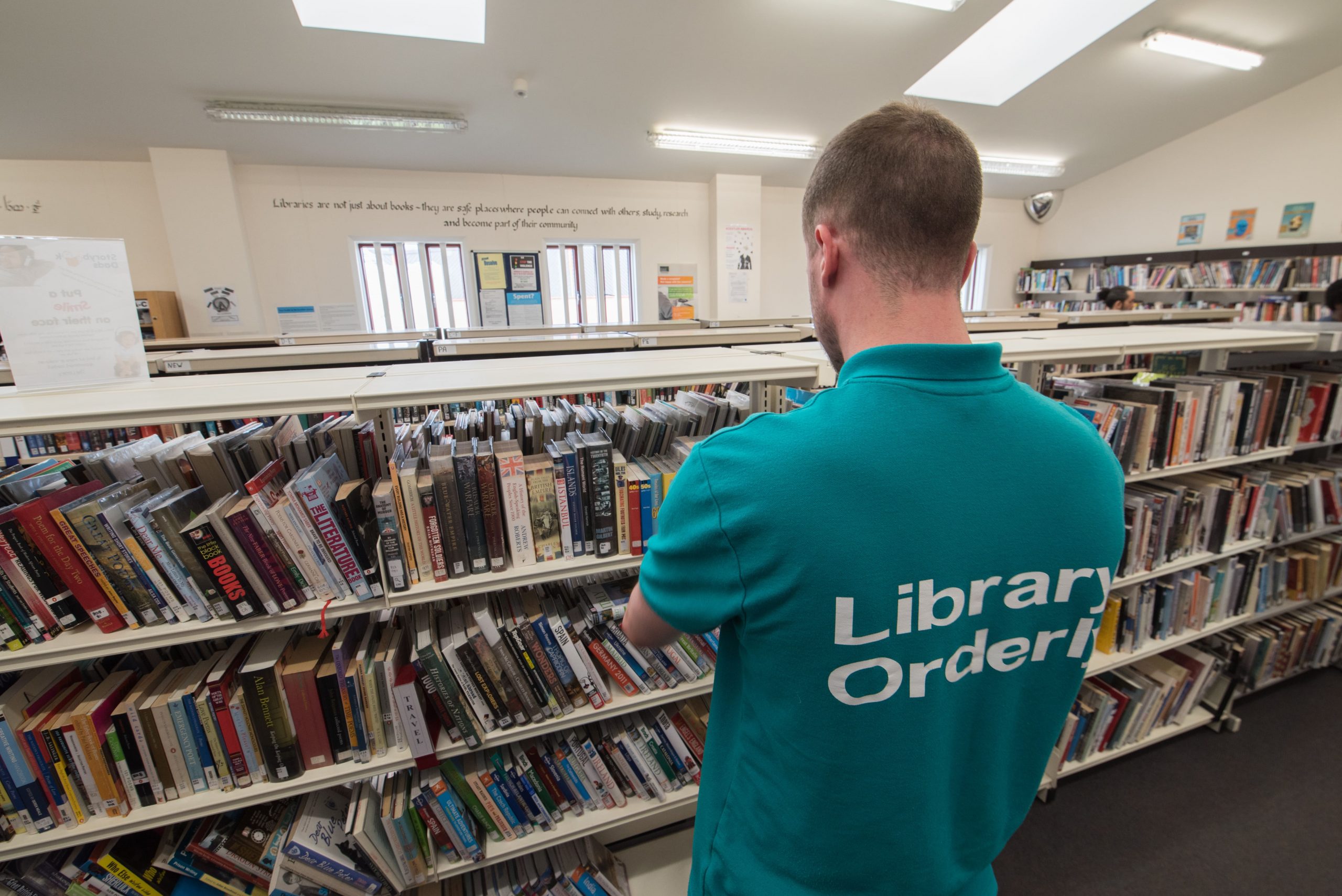
Sent 22 July 2020
Dear Dr Farrar,
Recovery from Covid-19 lockdown – progress in restoring education
It is now four months since lockdowns were imposed. You and your team at HMPPS are to be congratulated on how staff in prisons have managed to prevent prisons becoming the hotbeds of infection that we have seen in some other jurisdictions and which was widely feared.
As you know however, that has come at a price: large numbers of prisoners have been held in what amounts to solitary confinement for most of the day for months; and the possibility of rehabilitative work through social interaction and specifically through education has been severely curtailed.
I gratefully recognise the huge efforts that prison and education staff have made to offer purposeful activity through education despite the lockdown and the lack of ICT which puts prisoners at greater disadvantage than any other educational sector.
However, given the evidence of the impact education has on future life chances after release, on employment and on reoffending, delays in restoring educational opportunities to even pre-lockdown levels are vastly damaging.
Schools, FE colleges and universities are all well advanced in plans for full reopening (albeit with social distancing measures) for September. I am sure that you would agree in not wanting prison education, serving as it does some of the most marginalised and disadvantaged in society, to be at the back of this queue.
I would therefore like to ask for three things while fully recognising the demands of safety for prisoners and staff:
1. Assurance that your leadership team is focused on progressing through the lockdown levels as a matter of urgency; there is a need for care in ensuring the necessary risk assessments and controls, but prison leadership needs to be focused on putting those measures in place; allowing a status quo in which safety is preserved at the cost of the wellbeing and life chances of the prisoners in your care would very much not be a mark of success;
2. Active encouragement of prison staff and education providers to offer the most they can to prisoner learners while prisons are still at level 3 of the framework for recovery from lockdown and before the resumption of conventional classes; my team at PET is looking forward to maximising the potential of distance learning during this period and repairing the decline in the help we could offer while full lockdown was in place; but it would also be good to encourage prisons to be imaginative in the use of wing based learning, telephone teaching support and IAG, use of peer mentors, technology and other means.
3. Clear plans to ensure that in-cell learning is targeted at the right learner at the right level and the right time, with systematic recording of the materials each individual learner is receiving, processes to ensure they receive feedback on completed assessments and where possible can access accreditation and progress.
I would of course be very happy to offer whatever help PET can in this and would be very glad to discuss how best we could do that.
Best Wishes,
Rod Clark
Chief Executive, Prisoners’ Education Trust
Find out seven ways prisons can support education